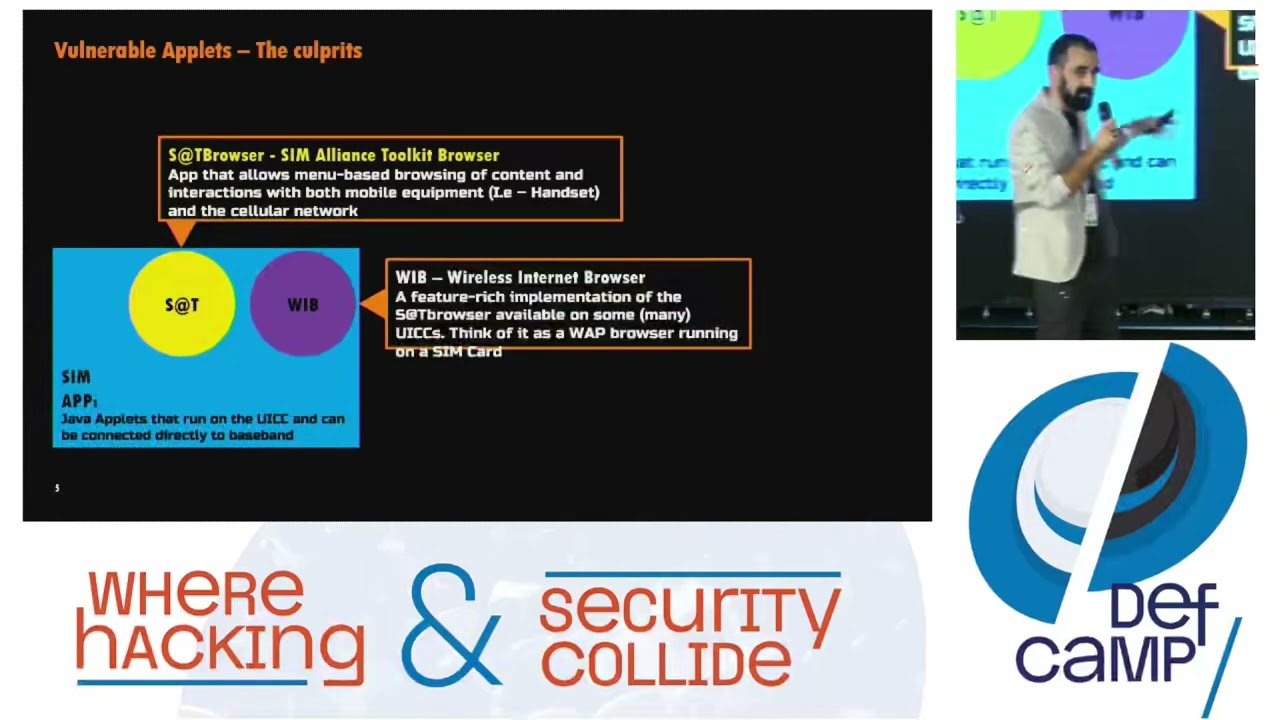Are You Prioritizing Digital Identity Management?
The rapid shift to remote working has created newfound challenges for organizations when it comes to digitizing their operations. One major hurdle is managing employees’ digital identities. So much so, that the vast majority of organizations (84%) report experiencing some form of identity-related breach within the past 12 months, which is undoubtedly a huge security risk.
A recent study found that nearly all organizations have seen an exponential increase in the number of identities they have to manage. This is because more applications and workloads are being moved to the cloud, while organizations are typically also working with more third-party software providers than ever.
Organizations must understand that they have a responsibility to protect their employees’ digital identities. Without a well-developed digital identity security strategy, they can face huge risks, such as operational disruption, negative publicity, and costly regulatory fines.
In this article we will examine some of the measures organizations can put in place to ensure the security of their digital infrastructure and regain control over employees’ digital identities.
Zero Trust Architecture – The ‘Be All and End All’ Solution?
Security strategies have to evolve with the times. With the hybrid working boom, it’s no longer enough for organizations to just protect the perimeter of their networks. Employees are now often logging in from multiple locations and on different devices; all they need is a reliable internet connection. Organizations have to take this into account – and understand that traditional measures are no longer fit for purpose.
The evolving business landscape has created new challenges for enterprise network security. Zero trust architecture (ZTA) is becoming an increasingly popular approach, as it provides a higher level of security than a perimeter-centric model. ZTA assumes that all devices and users are potentially malicious and requires that they be authenticated as they move laterally within a network, making it more difficult for attackers to breach the system.
The effective management of users’ digital identities is the cornerstone of ZTA. Its…



